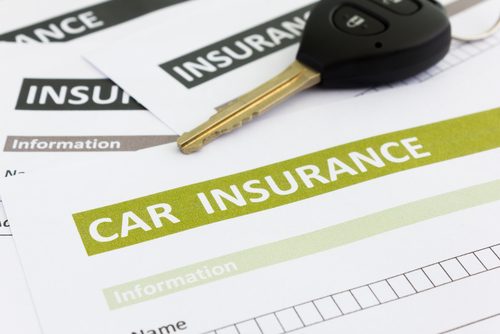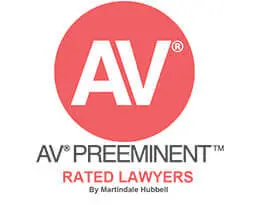
What Coverage Does The Law Require?
In Georgia, we utilize what is known as an at-fault system. In other words, the individual or company at-fault for causing a collision is responsible for paying for that person’s medical expenses and other damages like lost wages and pain and suffering. Many people mistakenly believe that when someone causes an accident, the injured party makes a claim against the at-fault party’s insurance company. While practically it may appear that way, the claim is typically made directly against the responsible driver. That driver’s insurer simply fulfills its obligation to its insured, the negligent driver, to pay claims made against that driver up to the limit of the coverage purchased.
Under Georgia law, the only type of auto insurance coverage you are required to have is therefore liability coverage. Liability coverage protects at-fault drivers from claims against them where they cause an accident that results in damage to someone else’s car or injuries to another person. It also covers claims made against people you allow to drive your vehicle, and it even provides additional protection to you from claims made against you while driving someone else’s vehicle.
What Types Of Coverage Should I Have?
In addition to the required liability coverage discussed above, there are a couple of other types of coverages you should consider. First and most importantly, we strongly encourage you to consider including Uninsured/Underinsured Motorist coverage, or UM for short. UM coverage protects you, your family, and the occupants of your vehicle where someone else causes an accident resulting in injuries or property damage but has no liability coverage to cover it. UM coverage also applies to situations where the at-fault driver has some coverage but not enough. According to Edmunds, about “one out of every eight U.S. drivers on the road has no automobile insurance,” and speaking from experience we can confirm those figures sound about right.
When it comes to UM coverage, consumers need to know they have options. While UM coverage is not necessarily mandated, Georgia law does require that insurers provide it unless consumers affirmatively reject it. Unfortunately, many people simply rely on an agent and a pre-filled form to make these selections, and in an effort to provide the most competitive pricing these extremely important coverages are often minimized or left out entirely by the agent unbeknownst to the consumer.
There are two types of UM coverage. The first is often referred to as “traditional” or “reduced” or “reduced-by.” While some UM coverage is better than none, this coverage is less than ideal. That’s because reduced UM coverage, as the name implies, gets reduced by the liability coverage carried by the at-fault driver. The second and preferred type is usually referred to as “add-on” or “excess” UM coverage. In contrast to reduced UM coverage, under an add-on UM policy the limits of your policy are available in addition to the at-fault driver’s coverage, no matter how much that may be. Check out our other blog here for a more detailed review of both types of UM coverage, how they work, and how much you should have.
There are a couple other coverages we would also suggest you consider. Medical payments coverage can help pay for medical care you and your passengers require as a result of an auto accident, regardless of who is at-fault. Collision/comprehensive coverage can help cover the cost of significant damage to your car as a result of most everything, including things like hail, accidents you cause, and vandalism. If you just purchased a car and didn’t make much of a down payment, you should consider gap insurance in case your car gets totaled and you owe more than it is worth at that time. Depending on your situation and who will be driving the vehicle, things like rental and roadside assistance may make sense, but we would generally encourage you to take that money and put it towards more or better liability and UM coverage.
How Much Coverage Do I Need?
Unfortunately, there is no universal answer to this question. There are however some general guidelines we encourage you to consider. Regarding liability coverage, remember that this is coverage to protect you from claims against you. You should purchase enough insurance coverage so that anyone who might need to make a substantial claim against you seeks recovery for their damages through your insurance rather than against your assets. The more assets you have, the more liability coverage you ought to purchase. We recommend you consider liability coverage with limits of at least $50,000 per person and $100,000 per occurrence, then moving up to $100,000 per person and $300,000 per occurrence or even higher as you are able.
The most important thing you will read today is this: ALWAYS purchase add-on or excess UM coverage, and ALWAYS select coverage limits equal to your liability coverage. Unfortunately, you will not be able to purchase more UM coverage than you have liability coverage (another good reason to get as much liability coverage as you can afford). Georgia law does, however, permit you to purchase less UM coverage than liability coverage – something we do NOT advise.
If you have questions about your insurance coverage or need assistance with a car accident claim, please contact Jones & Swanson at (770) 427-5498 to meet with a Marietta car accident lawyer for free.










